Sustainable Sewage Management for Hotels by Rivers: Lessons from the Luxus Hunza Crisis
In the pristine embrace of Attabad Lake, nestled along the mighty Hunza River in Pakistan’s Gilgit-Baltistan, the Luxus Hunza Resort stood as a beacon of luxury—until a viral video by British vlogger George Buckley exposed a grim truth. On June 17, 2025, Buckley’s footage, amassing over one million views, revealed murky brown waters and a foul stench near the resort, alleging untreated sewage discharge into the lake’s turquoise depths. The public outcry was swift, prompting the Gilgit-Baltistan Environmental Protection Agency (GBEPA) to seal a 30-room section of the hotel and impose a Rs. 1.5 million fine for environmental violations. While Luxus denied the claims, attributing the discoloration to natural glacial silt, the incident cast a harsh spotlight on the critical need for sustainable sewage management in hotels by rivers, far from municipal systems. This article, drawing on environmental engineering and hospitality expertise, outlines how such hotels must manage sewage to protect fragile ecosystems, ensure compliance, and uphold their eco-conscious reputation, using the Luxus Hunza crisis as a cautionary tale.

1. Context and Challenges: The Luxus Hunza Wake-Up Call
Hotels like Luxus Hunza, perched beside rivers in remote regions, face unique sewage disposal challenges, magnified by their isolation and environmental sensitivity:
- Proximity to River: Attabad Lake, formed in 2010 by a landslide, feeds the Hunza River, a vital tributary of the Indus. Discharging untreated sewage risks contaminating this pristine ecosystem with pathogens, nitrogen, and phosphorus, triggering eutrophication, algal blooms, and devastation of aquatic life. Buckley’s video highlighted visible pollution, underscoring the threat to the lake’s iconic turquoise waters, a major tourist draw.
- Isolation: Far from municipal sewerage systems, hotels in Gilgit-Baltistan rely on on-site treatment, demanding self-sufficient, cost-effective solutions compliant with Pakistan’s environmental laws, such as the Pakistan Environmental Protection Act 1997.
- High Wastewater Volume: Hotels generate substantial wastewater—190–235 liters per guest daily, per resort studies—comprising blackwater (toilets), greywater (sinks, showers), and kitchen/laundry waste. Luxus Hunza, with its 60+ rooms, likely produces thousands of liters daily, overwhelming inadequate systems.
- Regulatory Compliance: The GBEPA’s swift action against Luxus reflects stringent oversight. Pakistan’s National Environmental Quality Standards (NEQS) prohibit untreated discharge into water bodies, with fines and closures for violators, as seen in prior Hunza cases.
- Sustainability Goals: Tourists, like Buckley, demand eco-friendly practices. The Luxus crisis damaged its reputation, highlighting how sustainable sewage management can be a competitive edge or a fatal flaw.
The goal is to treat sewage to safeguard rivers, meet legal standards, and align with sustainability, a lesson Luxus Hunza learned the hard way.
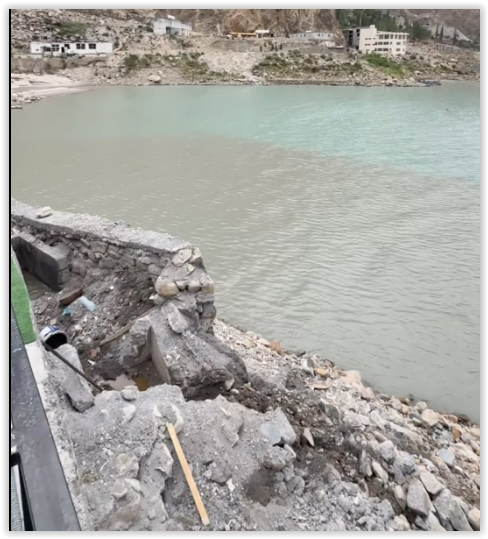
2. Current Sewage Disposal Practices for Isolated Hotels
Remote hotels typically employ on-site sewage systems, as municipal connections are infeasible. Common practices, some of which may have contributed to Luxus Hunza’s woes, include:
a. Septic Tank Systems
- Description: Wastewater flows into a septic tank where solids settle and anaerobic bacteria partially digest them. Liquid effluent disperses into a drain field for soil treatment.
- Prevalence: Common in rural areas, with millions in use globally. Likely used by smaller hotels in Hunza before upgrades.
- Process:
- Blackwater and greywater enter the tank, forming sludge.
- Effluent filters through perforated pipes in a drain field, treated by soil microbes.
- Sludge is pumped out periodically for off-site disposal.
- Issues:
- High water tables near Attabad Lake impair drain fields, risking river contamination, a potential factor in Luxus’s case.
- Poor maintenance causes system failure, as seen in regional hotels sealed in 2023 for greywater mismanagement.
- Unsuitable for high-volume resorts like Luxus due to capacity limits.
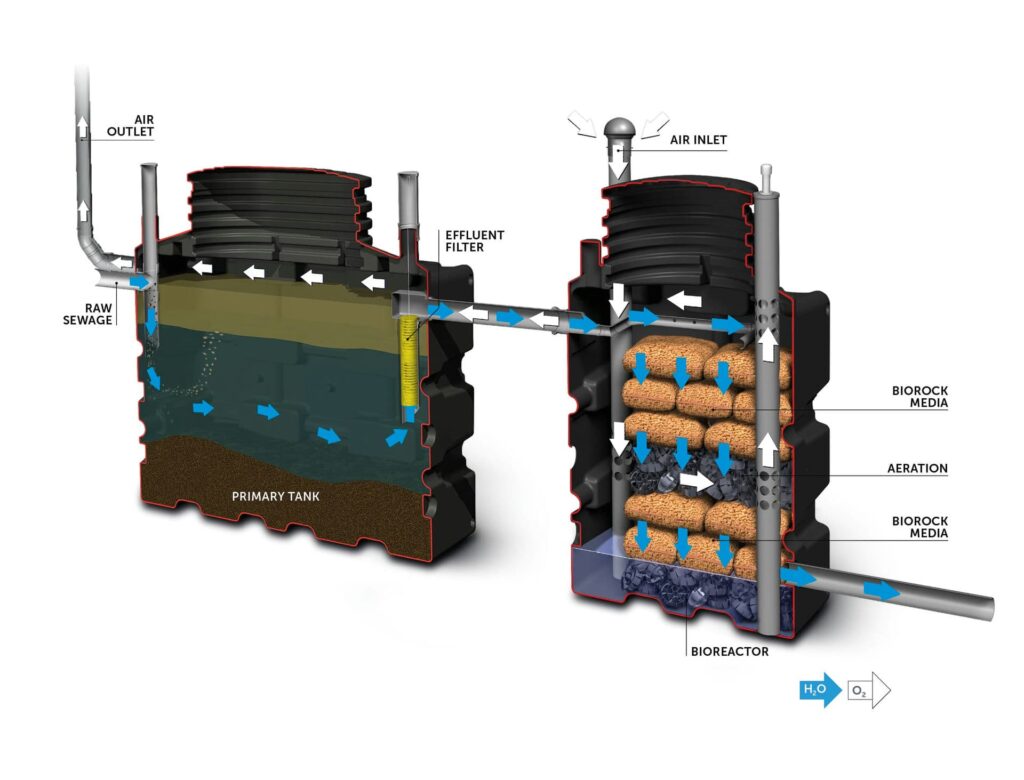
b. Package Treatment Plants
- Description: Compact units using aerobic digestion or membrane bioreactors (MBRs) to treat wastewater to higher standards.
- Prevalence: Used in resorts, as in a Turkish study treating 3,000–5,000 m³ monthly for irrigation.
- Process:
- Wastewater undergoes screening, biological treatment (e.g., activated sludge), and disinfection (UV or chlorine).
- Treated effluent is discharged or reused; sludge is dewatered for disposal.
- Issues:
- High energy and maintenance costs require skilled operators, a challenge in remote Hunza.
- Substandard treatment, as alleged at Luxus, can still release nutrients, harming rivers.
- Noise and odor can disrupt guest experiences.
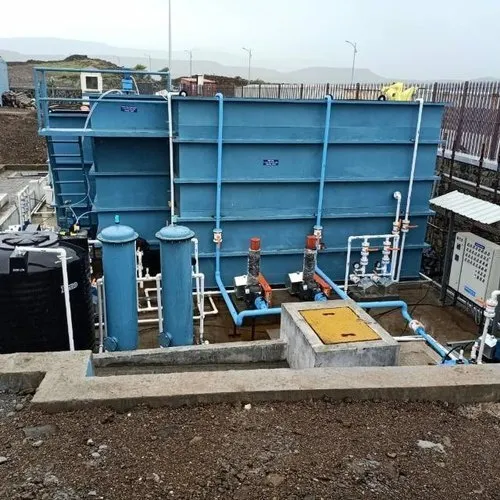
c. Holding Tanks
- Description: Sealed tanks store wastewater for off-site transport and treatment.
- Prevalence: Used where on-site treatment is impractical, per Canadian guidelines.
- Process:
- Wastewater is collected and trucked to treatment facilities.
- Issues:
- Costly due to frequent tanker visits, impractical for Luxus’s volume.
- Spill risks during transport, especially on Gilgit-Baltistan’s treacherous roads.
- Temporary solution, not sustainable long-term.
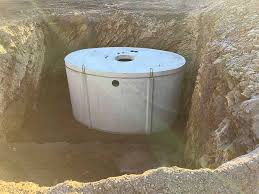
d. Improper Practices
- Direct Discharge: Illegally dumping untreated sewage into rivers, as alleged at Luxus, is rare but devastating. India’s Yamuna River suffers from similar urban violations, emphasizing the global stakes.
- Inadequate Treatment: Poorly maintained systems release partially treated effluent, contributing to pollution, as Buckley’s video suggested with Attabad’s brown waters.
The Luxus crisis underscores the perils of inadequate systems, where even perceived violations can trigger severe repercussions.
3. How Sewage Should Be Disposed Of: A Path to Redemption
To prevent disasters like Luxus Hunza’s, hotels by rivers must adopt advanced, sustainable sewage systems tailored to their context. Below is a recommended approach, designed to protect the Hunza River and restore trust:
a. Recommended System: Membrane Bioreactor (MBR) with Reuse
- Why MBR?: MBRs produce near-potable effluent, ideal for reuse or safe discharge, with compact designs suited for resorts. They remove 99.9% of pollutants, meeting NEQS standards.
- Process:
- Primary Treatment: Screens remove solids; grease traps capture kitchen oils.
- Biological Treatment: Aerobic bacteria degrade organic matter, reducing nitrogen and phosphorus.
- Membrane Filtration: Microfiltration removes pathogens and solids.
- Disinfection: UV treatment ensures effluent meets recreational water standards (<100 MPN/100 mL fecal coliform).
- Reuse or Discharge:
- Reuse for landscaping, toilet flushing, or cooling, saving 40–50% of potable water, as in a Turkish resort.
- If discharged, comply with NEQS, ensuring no harm to Attabad Lake.
- Sludge Management: Dewater sludge via centrifuge, compost for local farms, or transport off-site.
- Example: A Maldives resort’s MBR system reused 80% of wastewater, enhancing its eco-reputation.
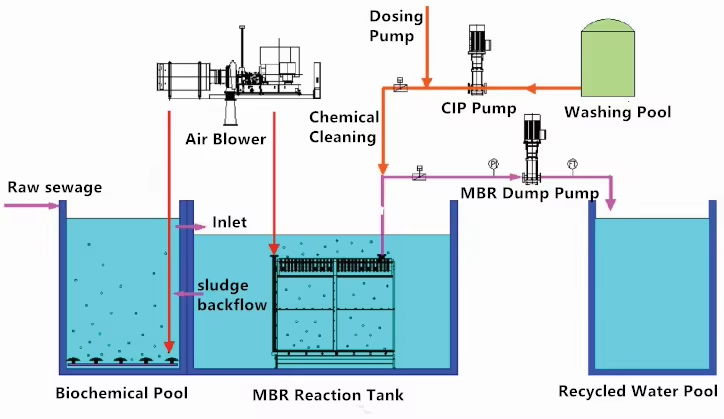
b. Alternative Systems
- Waste Stabilization Ponds: Low-cost lagoons with reeds for natural purification, suitable for Hunza’s climate but requiring vast land, impractical for Luxus’s lakeside plot.
- Constructed Wetlands: Greywater filtration through reed beds, ideal for low-volume hotels but less effective for blackwater, limiting applicability.
- Advanced Septic Systems: Aerobic treatment units improve effluent quality for smaller hotels, but high water tables near Attabad Lake pose risks.
c. Key Considerations
- Site Assessment:
- Conduct soil and hydrological surveys to assess water table and permeability, critical near Attabad Lake.
- Size system for Luxus’s estimated 12,000–15,000 liters/day (60 rooms at 200 liters/guest).
- Regulatory Compliance:
- Adhere to Pakistan’s NEQS and GBEPA standards, requiring permits for discharge. Luxus’s fine highlights non-compliance risks.
- Engage environmental engineers to certify systems, per EPA guidelines.
- Sustainability:
- Reuse water to reduce strain on Attabad Lake, aligning with global trends like Resorts World Bimini’s community water supply.
- Use energy-efficient MBRs (e.g., Fluence’s Aspiral™) to minimize noise and odor, preserving guest comfort.
- Maintenance:
- Implement regular sludge removal, membrane cleaning, and effluent testing, avoiding Luxus’s alleged lapses.
- Train staff to prevent blockages from non-degradable items, a global issue causing 65,000 annual sewer clogs in the UK.
d. Best Practices
- Source Separation: Segregate greywater for reuse, reducing treatment load.
- Water Conservation: Install low-flow fixtures to cut wastewater, lowering costs.
- Guest Engagement: Educate guests on waste disposal via signage (“bin it, don’t flush it”), preventing system strain.
- Community Partnerships: Share composted sludge with Hunza farmers or collaborate on regional treatment, fostering goodwill post-crisis.
4. Pros and Cons of Recommended Approach (MBR with Reuse)
| Aspect | Pros | Cons |
|---|---|---|
| Environmental Impact | Prevents river pollution; reuse conserves water, protecting Attabad Lake. | Energy-intensive; improper sludge disposal risks soil harm. |
| Cost | Saves water and disposal costs; modular MBRs reduce upfront investment. | High initial cost ($100,000–$500,000); skilled maintenance needed. |
| Regulatory Compliance | Meets NEQS; reuse aligns with sustainability mandates. | Complex permitting; non-compliance risks fines, as Luxus faced. |
| Guest Experience | Odor-free, quiet operation; eco-image rebuilds trust post-crisis. | System failures disrupt operations if not maintained. |
| Scalability | Compact, expandable design suits Luxus’s growth. | Requires budget and expertise, challenging for smaller hotels. |
5. Critical Assessment: Learning from Luxus Hunza
The Luxus Hunza crisis reveals the dire consequences of inadequate sewage management. While the hotel denied direct discharge, GBEPA’s findings of non-compliance suggest systemic flaws, possibly outdated septic tanks or poorly maintained package plants. Such systems, common in Hunza, struggle with high wastewater volumes and high water tables, risking contamination of Attabad Lake and the Indus River downstream. Direct discharge, as alleged, is a grave violation, echoing global cases like India’s Yamuna, where untreated waste has choked ecosystems.
MBRs with reuse offer the best solution, delivering high-quality effluent and reducing water demand, critical for Attabad’s preservation. However, their cost and energy needs demand financial planning, a lesson for Luxus as it faces re-inspection. Alternatives like stabilization ponds are impractical for lakeside resorts, while wetlands suit smaller properties. The river’s assimilative capacity, already stressed by tourism, must guide discharge decisions, favoring reuse. Climate change, with rising water levels in Gilgit-Baltistan, necessitates flood-resilient designs.
The crisis also highlights the power of public scrutiny. Buckley’s video, fueled by social media outrage, forced accountability, a reminder that guests are watchdogs. Hotels must engage communities, as Luxus’s denial failed to quell local concerns, and invest in transparency to rebuild trust.
VI. Conclusion
The Luxus Hunza scandal is a clarion call for hotels by rivers to prioritize sustainable sewage management. Far from municipal systems, resorts like Luxus must protect fragile ecosystems like Attabad Lake, comply with stringent laws, and uphold eco-conscious reputations. Current practices—septic tanks, package plants, or holding tanks—often fall short, as Luxus’s fine and sealing prove. An MBR system with water reuse is the gold standard, offering pristine effluent, water savings, and a path to redemption. By embracing advanced treatment, water conservation, and guest engagement, hotels can safeguard rivers, avoid Luxus’s fate, and shine as beacons of sustainability. Implementation demands site assessments, regulatory approval, and rigorous maintenance, but the reward is a legacy of environmental stewardship. Let Attabad’s turquoise waters remain untainted, a testament to humanity’s duty to protect nature’s wonders.







